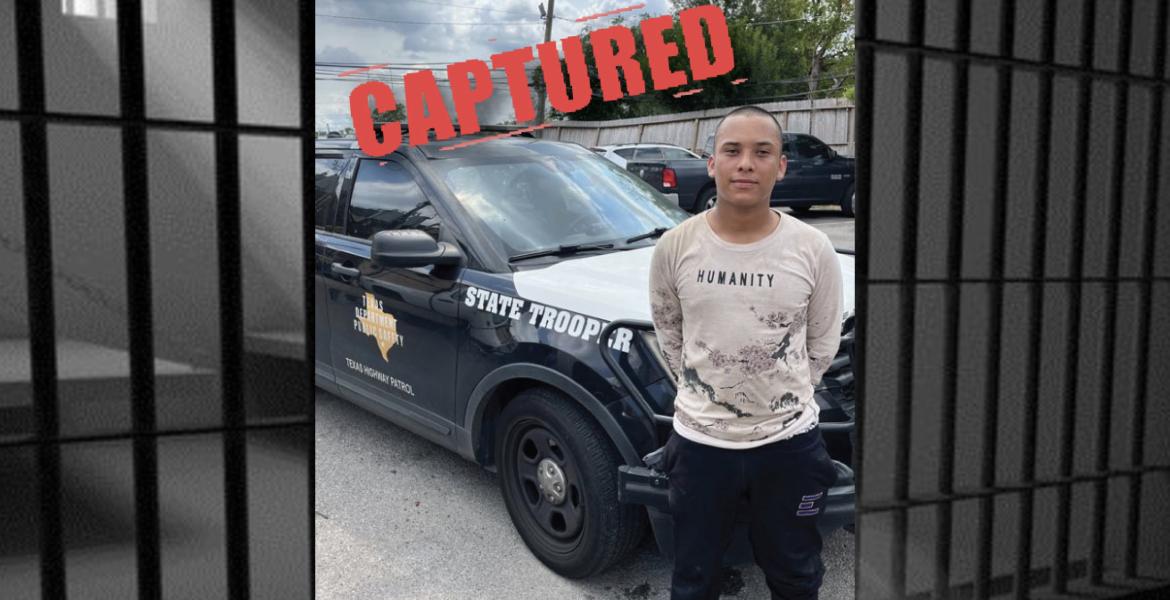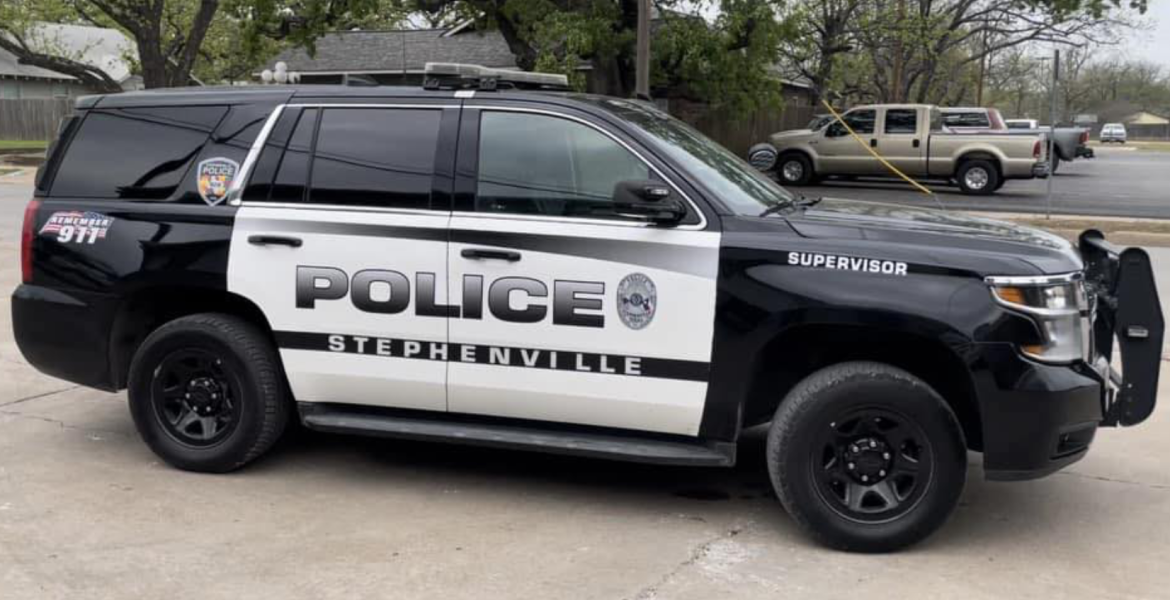Roger Boston drives by the cemetery where his son is buried every day. The 21-year-old Air Force personnelist was killed in a drunk driving crash on New Year’s Eve 2012, out with a civilian friend driving down S. Chadbourne St. who, according to the results of a blood draw, had consumed well over the legal limit of alcohol.
Seated in the courtroom Tuesday, Boston, his wife Berlinda and a handful of friends followed traffic investigators on the witness stand, providing the jury an idea of what happened that cold winter night and who Brandon Dante Jackson was when he died.
The trial, which began on Monday, was an abbreviated hearing meant only to assess and levy an appropriate punishment against 27-year-old defendant Daniel Martin Munoz II, who pled guilty Monday afternoon to one count of intoxication manslaughter.
According to traffic investigator Mike Gesch, contributors to the crash were an alarmingly high speed and the consumption of alcohol, which paired to send Munoz’s 2005 Nissan 350 Z slipping around a curve and over a curb until the car’s tires dug into the dirt and rolled down an embankment, landing upright at the end of the grade.
“I observed some yaw marks that started in the roadway…” Gesch said. “You could see where it (the car) skid to the right…you could see where it started rolling.”
Gesch had been among those who responded to the scene the night of the crash, and had led the subsequent traffic investigation. On the stand Tuesday, the traffic investigator described how the vehicle skid for some 113 feet straddling the curb before the rear tires went over the lip, the back of the vehicle slamming into a fiberglass lighting pole and sheering it off a few feet above the base. The vehicle, Gesch said, then continued to roll down the embankment for approximately 300 feet. Munoz’s blood-alcohol level was 0.114.
After spraying dots in orange paint indicating the path the vehicle had followed, Gesch went to the hospital to see the driver and passenger.
“I did try speak to Mr. Munoz briefly,” Gesch said. “He said he could not remember anything from the crash. He advised he remembered being with Mr. Jackson in a dorm room at Goodfellow Air Force Base and that he’d had a few drinks.”
In cross-examination, defense counsel Theodore “Tip” Hargrove reached for the same set of four photos he’d shown a witness from the police department on the day prior that depicted Munoz in the emergency room, face swollen and bruised and crusted with blood. He confirmed with Gesch that Munoz did look like that in the hospital when he went to visit and passed the witness.
Gesch’s brother Glenn Gesch was called to the stand after Mike stepped down, and explained to the jury how the reconstruction process worked after the crash, and how they were able to determine speed.
Glenn explained that he had used a computer with an accelerometer and attached that to a patrol vehicle, then accelerated to a certain speed and locked the tires up. Using this and other methods and processes, the reconstructionist determined that the vehicle was traveling approximately 119 miles per hour when Munoz lost control. The speed limit on that stretch of street is 50 mph. Munoz lost control on a curve.
Hargrove again asked very few questions of the state’s witness, this time confirming that the accelerometer was used on a patrol car, not the car or a car of the same make and model as the one crashed, and that the tires had also not been the same.
After Glenn Gesch stepped down, Assistant District Attorney Richard Villareal called five character witnesses, including three senior airmen from Goodfellow Air Force Base, who had gotten to know Jackson in the eight months he’d spent at the base.
All three described the 21-year-old as an upbeat young man who loved music and had a good disposition.
“Brandon was pretty humble,” said one friend, Clifton Gathers. “The first thing he loved was music…he was like, a DJ and he played the drums in high school. Usually people don’t like living in the dorms and they keep it pretty basic, maybe put a poster on the wall. Brandon’s room was all changed out. It looked like a music studio in there.”
Another friend, Terell Harris, also mentioned Jackson’s love of music, describing his dorm room as having the walls covered with music notes and quotes from Stevie Wonder. He said that he saw Jackson on a daily basis and that the two would often spend their weekends making music together, Jackson finding a beat and Harris singing or rapping to it.
“He would rather spend his time making music [than partying],” Harris said. “If he wasn’t doing that, he was playing video games.”
Both Harris and Gathers had supported Jackson’s family immediately after the crash, playing the role of planners and drivers when the family got into town and picking them up from the airport, taking them to the scene of the crash and to see the vehicle.
“[It was] very emotional for them,” Harris recalled.
Harris and another friend, Briana Wilkerson, had spent part of the afternoon with Jackson on the day that he died, visiting a house one of them was watching and feeding the dogs before they went their separate ways to prepare for their New Year’s Eve festivities.
“When we were together, he actually told me he was going to go to church,” Harris recalled. “I don’t know if he did or not.”
Jackson’s mother, Berlinda Boston, recalled her son telling her the same on the night he died. She described Jackson as “a momma’s boy” and recalled with tears and a smile how he used to call her every morning, afternoon and evening just to check on her and say hello.
“He had this thing, ‘momma, whatcha doin’?’” his mother said. “He didn’t want anything, just ‘momma, whatcha doin’?”
Berlinda and Roger Boston told the jury how their son had been born six weeks early and came into the world a fighter, growing to be an energetic and upbeat child who loved music and would practice the drums by hitting a rock in the yard with two sticks. He played the snare drums in high school and eventually got a scholarship to study music at Stillman College in Tuscaloosa, Ala.
The last time the Boston’s saw their child, they said, was in November roughly a month before he died. The family had traveled down to Texas from Georgia to spend Thanksgiving together.
“Dante was very family oriented,” his father said. “I taught that from childhood up.”
After both parents had testified, Hargrove asked each to listen as he made an assessment of Jackson and the family based on a series of letters he had received in preparation for the case. He confirmed that the family had been close and that they were God-fearing, but also described them as compassionate and forgiving people who were still trying to make peace with what had happened. Both agreed.
Hargrove also asked Berlinda Boston about a prayer she had said over Munoz while he was in the hospital. Several airmen, all mutual friends of Munoz and Jackson, had come to visit him after Jackson’s death to tell Munoz that Jackson’s mother was praying for him.
“I always said from the very beginning that if he wasn’t saved that God would save his soul and that he would become a productive citizen,” Berlinda recalled her prayer. “Whatever [happens] it won’t bring my son back.”
The state rested with Berlinda Boston’s testimony at 11:45 a.m. and the defense called four witnesses, beginning with two coworkers of Munoz who said they’d seen promise in the 27-year-old and that they would love to hire him back regardless of how long his sentence might be.
After the two men from Hirschfeld Steel spoke, the defense called Sue Crocker, Munoz’s counselor, who described him as having issues with anxiety, interrupted sleep patterns and little to no appetite when they first met.
The anxiety, she said, was caused by “the loss of his friend and the accident and having no memory of the accident”. Crocker said that Munoz was anxious about “the unknown and the uncertainty of his future,” but had reconnected with his faith and begun to grow spiritually.
Munoz’s mother, whose testimony followed Crocker’s, agreed that faith had made a difference, saying she thought it would be the one thing he needed to continue his life without faltering, regardless of punishment.
The most impactful testimony, however, came from Munoz himself, who fought back tears as he agreed that he had been responsible for the death of Brandon Dante Jackson. He recalled what he could from that night, describing how he’d been with Jackson and a few of his friends that afternoon as he checked on a house he was sitting and explained how Jackson ended up in his car with him.
“We were going to go out that night,” he said “We were going to go downtown. He (Jackson) said he was just going to go home…I invited him to come with us.”
Munoz said he remembered coming to a stop at the light at Christoval Road, then accelerating when it turned green, inexplicably going straight when he should have turned right. He couldn’t explain why he’d driven straight on and said that after the green light things became blurry and he could only remember the sounds of firemen and EMS using the jaws of life to extract him from the vehicle.
“I feel terrible,” he said, with tears in his eyes.
“Can you believe it?” his attorney asked.
“I have to,” he responded quietly.
The defense rested at roughly 3:45 p.m. and the attorneys prepared for their brief closing arguments. During his address to the jury, Hargrove repeated some of the same words he’d begun the trial with on Monday, asking the jury, “What happens now?”
He briefly underscored his client’s acceptance of responsibility in pleading guilty, and referenced the emotion shown on the stand, the change perceived by others.
For his part, Villareal focused on the life taken, reminding the jury that toxicology results had shown he had consumed no drugs or alcohol the night he died and bringing up the positive family relationship and strength in God his family and friends had testified about.
“What’s a man’s life worth in San Angelo, Texas?” he asked the jury. He told them it was not probation.
At 4:20 p.m., the jury exited the room and entered the chambers for deliberation. After about two hours, they returned, handing down a sentence of 10 years in prison and a $10,000 fine.
Subscribe to the LIVE! Daily
Required






Post a comment to this article here: